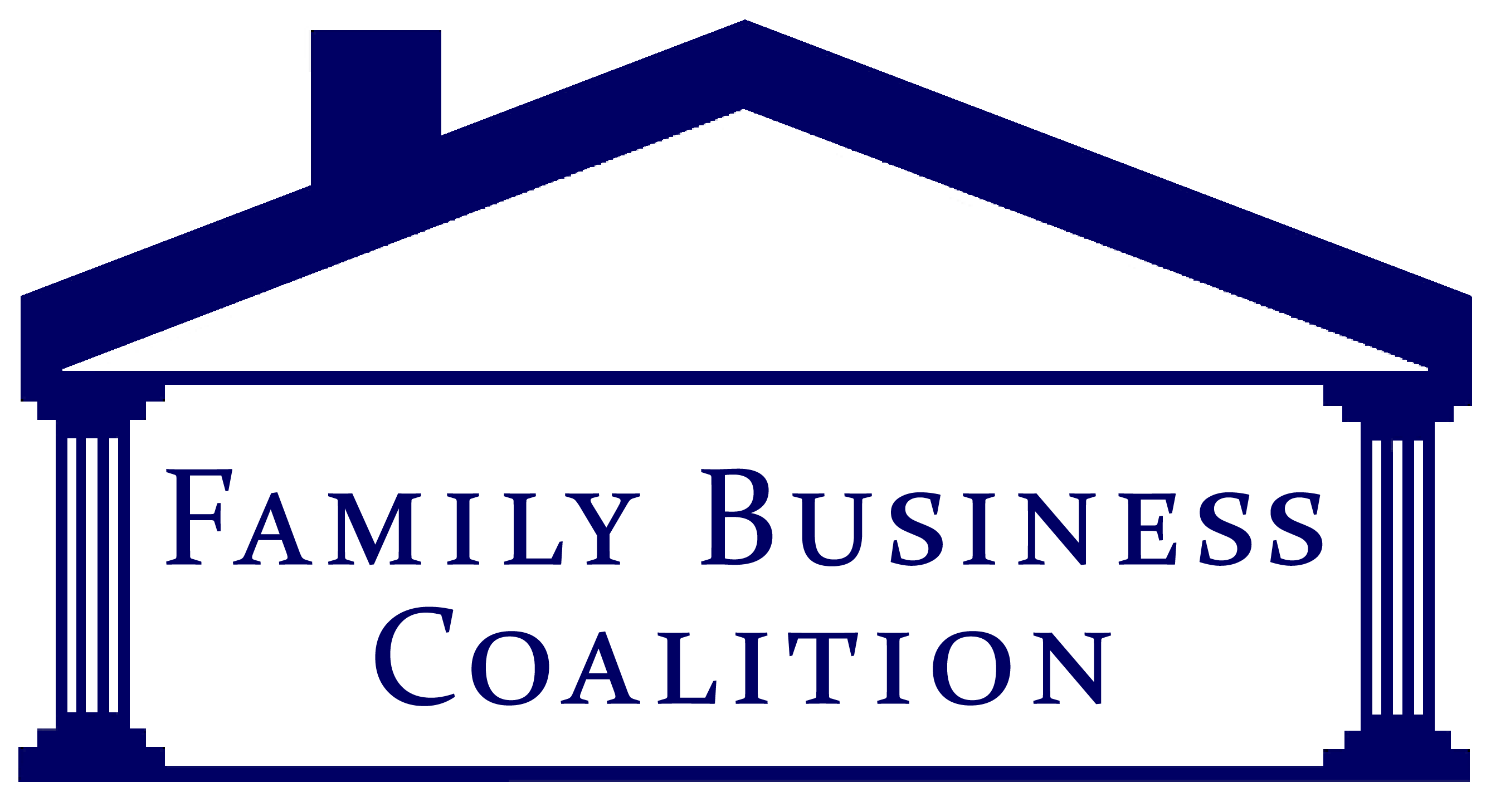What Main Street needs most from the next president
By Bruce Nevins
Now that Donald Trump has cleared a crowded Republican field to likely capture the GOP nomination, and Democratic front-runner Hillary Clinton is close to clinching her own party’s, it is time to close the book on the 2016 presidential primary season and see the candidates put their money where their mouths are when it comes to the promises made to the stalwart subject of rope-line rhetoric: Main Street.
So what can those of us who count ourselves among “everyday Americans” actually expect? If you’re a New Yorker, the first policy change on the list should be tax reform. Here’s why.
More than 25 years ago, I opened my first fine wines and spirits store in the New York City area and since then have worked side by side with my family to grow the business. We employ more than 20 people across two states.
Running a family business is one of the most fulfilling things I have done, and will do. Unfortunately, our outdated tax system has put small businesses like mine at risk of closing.
US businesses currently pay the highest tax rate in the industrialized world — roughly 40 percent of a small business’ income goes to taxes. On top of this, we have to pay an additional 3.8 percent tax mandated by the Affordable Care Act. Small-business owners have to sift through the more than 4 million words of America’s tax code to ensure we’re complying with every arcane provision.
This is not an environment that encourages growth and prosperity.
The first target of tax reform should be the death tax. I’ve worked hard my entire life — which includes serving my country in Vietnam — and I’m happy to pay my fair share in taxes, but it isn’t reasonable to demand that I pay a double tax upon my death.
To those who think the federal estate tax only impacts the super wealthy, think again. Most of my wealth is in building space, inventory, equipment and machinery. Under the current law, my sons will have no easy way to pay the estate-tax liability when I die and will likely need to sell assets in order to pay the government.
It should go without saying that this could force my sons to close the business.
In April 2011, I testified before the House Ways and Means Committee regarding the death tax’s detrimental impact on small businesses. Five years later, I’m still waiting for Congress to repeal the death tax so my business can continue into the next generation.
Let’s hope leaders from both parties get the message and eliminate the estate tax in any comprehensive package.
Proposals to raise taxes on so-called carried-interest capital gains in the name of taxing Wall Street should also be shelved. While rhetorically targeted at managing partners in long-term investment firms, this tax hike would also fall on small-business owners who sell a company they helped build from scratch.
Any talk of raising capital-gains taxes and estate taxes on Wall Street always falls on Main Street.
Just as the death tax and capital-gains taxes have become unpredictable political bargaining chips, countless other tax issues like cash accounting, deducting interest on business loans and business expensing have been considered by some members of Congress as an easy way to raise revenue. But these taxes would burden Main Street.
Tax reform should make life easier for family businesses, not pull the rug out from under them.
Tax reform seems like a no-brainer, considering how antiquated our code is — not to mention that over 70 percent of voters agree tax reform should be a priority.
Both of the New Yorkers running for president plan to modernize our tax code. Now it’s time to tell voters they’ll turn that plan into action by committing to comprehensive tax reform in their first 100 days in the White House.
Bruce Nevins is the CEO and owner of Grande Harvest Wines in New York City.
http://nypost.com/2016/05/31/what-main-street-needs-most-from-the-next-president/
